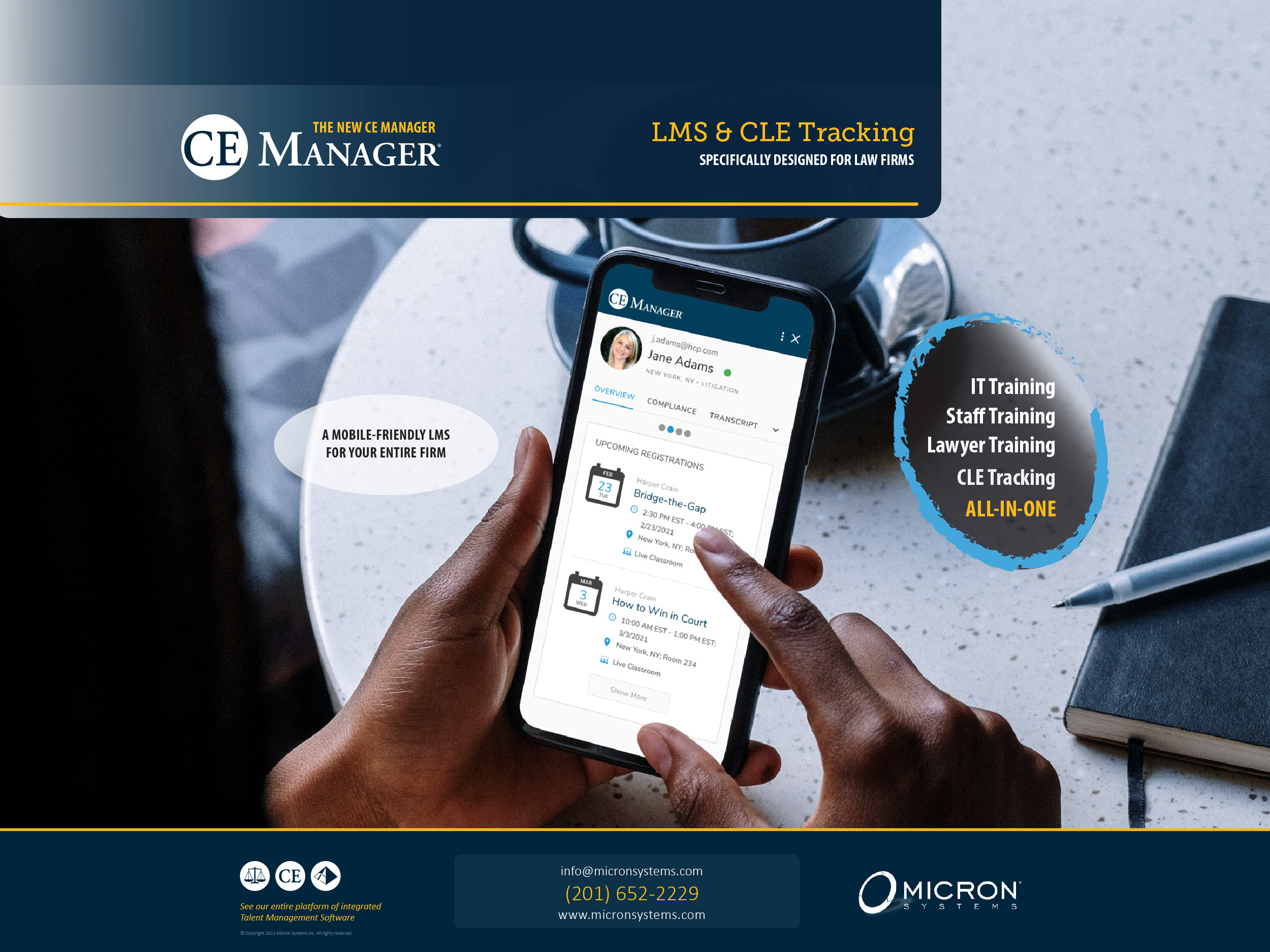When I meet people, at some point in the conversation I often ask, “What is your story?” Some people are eager to share a brief introduction of who they are. Others are reserved and private. Often I hear some version of a well-rehearsed elevator speech. They are marketing snippets of sorts that aim to direct my attention to their most desirable characteristics. These are generally good enough to facilitate the interaction.
Occasionally, however, I encounter someone who is on a mission to share their vision of the world with anyone who will listen. These interactions are usually compelling and offer insight into the person at a higher level. During these encounters, my interest is piqued. Somehow, they have connected with their passion for something greater than themselves. They know their story. They are traversing their path. I am enticed to follow.
Many people do not think they have an interesting story. Some, like me, even struggle to think about theirs. But I've learned your story is the life experience and context that makes you who you are today. The trials, celebrations, relationships, experiences, lessons, cultures, societies, successes, failures and situations all inform your identity. Your story brings the color and meaning to the facts of your life.
The good news is that your story is not yet fully written — you can change its trajectory. The even better news is that no matter how fulfilling, empty or painful your story might be, it has the power to positively impact others and the world. Discovering meaning in your story can provide the foundation for your purpose and be a steadying force in times of change and uncertainty. It is the primary source for finding your voice and for discovering your true self — and that’s the foundation of authentic leadership. Your story provides the unique context for your ambition, performance and motivation and is one of the superpowers of leadership you can access.
AUTHENTIC LEADERSHIP
The Harvard Business Review noted that authentic leaders in the workplace produce a more positive work environment, higher levels of productivity and trust and build better firm culture. Authenticity is directly related to self-efficacy. Your story provides the context for your current level of efficacy and self-efficacy. Efficacy refers to your ability to produce a result. Self-efficacy refers to your belief in your ability to produce a desired result or succeed in a situation. Former Stanford University professor Albert Bandura found that self-efficacy informs how people think, feel, behave, set goals and are motivated.
There are some helpful things you can do to increase your self-efficacy and to help others increase theirs. Discovering yourself or increasing self-awareness is the first step. Identify your strengths and weaknesses in different contexts and analyze how they relate to your identity and context. Why do you do or say the things you do and say? Do your actions produce the desired results? What patterns do you have that produce negative outcomes? These situations are clues to your blind spots.
“The even better news is that no matter how fulfilling, empty or painful your story might be, it has the power to positively impact others and the world.”
One essential element of progressive self-awareness is a growth mindset — the belief that there is the need and the ability to improve. This is different than negative self-talk, which can be destructive and is based on a lack of belief in the ability to improve. Discard negative self-talk in favor of constructive self-talk. Learn to desire constructive input from others. Seek out those who will not simply tell you what they think you want to hear or flatter you, but who will provide useful feedback related to things you did well and things you can do better and help you identify your blind spots. Find the nugget of truth from criticism even when it is not properly delivered or not comprehensively correct. Be a resource in this manner for others to build their self-efficacy.
Another area of self-awareness is understanding your own output. How you respond to another person’s behavior or communication is informed by your subjective interpretation of interaction and pressured by emotions evoked from previous experiences. Reassess your own critical judgments by taking an inquisitive approach rather than a critical judgment approach to situations and the actions and communications of others.
You have likely heard the expression that success begets success. In the context of self-efficacy, success builds resilience when rehearsed. Celebrating successes and finding positive affirmations can improve your self-belief and sense of personal efficacy. Failures can be fruitful learning experiences when self-belief is fortified by success. Celebrating the success of others is a leadership skill that you can use to strengthen others’ self-efficacy.
Practicing these skills helps to gain better perspective and empathy. Observing others who seem to have a high level of self-efficacy or who are in tune with their story can help you envision your own success story. By modeling these sometimes-difficult processes, you can help others become more effective and authentic.
Taking these steps to become the best version of yourself will yield significant results and change the trajectory of your leadership story. And, you just might have a different answer the next time someone asks you to tell them your story.

